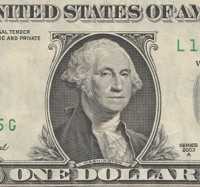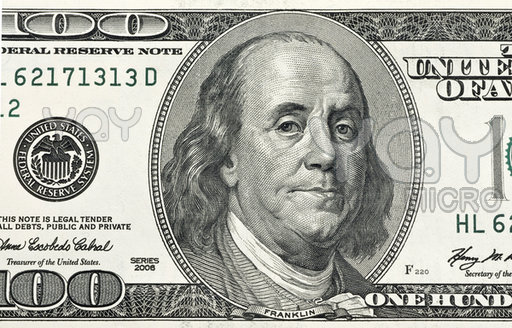 |
Craig White's Literature Courses Historical Backgrounds
"Founders": |
 Atlantic colonies / states |
U.S. popular culture often collapses or flattens two distinct generations of our nation's founders, who are in fact separated by a century and a half.
|
|
The "Pilgrim Fathers" |
 painting of John Winthrop (1588-1649), governor of Massachusetts Bay colony (Boston) |
time period: early-mid 1600s
historical-cultural movement: Protestant Reformation (1500-1600s)
location: Massachusetts or New England
type of government: "covenant" between people and God; near-theocracy balancing civil society and religious guidance. (Pilgrims and Puritans were associated with Parliament, not with royalty or aristocracy; therefore they were committed to elective governments with input from citizenry. The church was separate from government but close relations.)
social relations: homogeneous community, nearly all descended from English stock; sense of community restrained wealth and protected poor;
|
|
The "Founding Fathers" |
|
time period: mid-late 1700s
historical-cultural movement: the Enlightenment (a.k.a. Age of Reason; reaction against religious wars of Reformation and Counter-Reformation)
location: Virginia, Pennsylvania, Massachusetts
type of government: Republic; First Amendment to U.S. Constitution stipulates no establishment of religion by government. Religion, freed from government interference, enters "freemarket of ideas" and thrives more than in other developing countries.
social relations: larger community with
looser bonds; freemarket capitalism increasingly governs daily activity.
![]()


